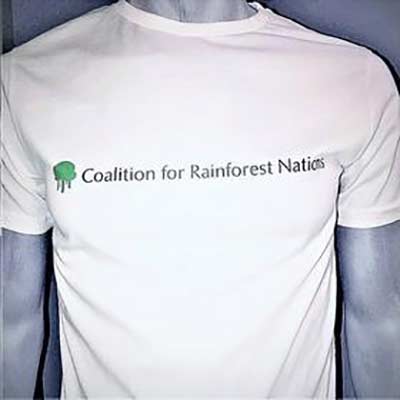For over a decade, CfRN worked tirelessly with developing countries to guarantee the inclusion of rainforests within the global climate agreement, called the Paris Agreement (2015-today). Under the previous climate agreement, the Kyoto Protocol (2005-2015), rainforests were not recognized as a climate solution, and as a result rainforest nations did not have “a seat at the table” in global climate negotiations. So, CfRN focused on helping developing countries negotiate a framework for slowing deforestation into the Paris Agreement. In 2015, CfRN and its countries succeeded.
The Reducing Emissions from Deforestation and Degradation (REDD+) framework was recognized by over 190 countries and enshrined in Article 5.2 of the Paris Agreement. In principle, the framework allows developing countries to receive performance-based or reward-based payments, through Article 5.2, for national efforts to slow, stop, and reverse deforestation. Since 2005, our countries have reduced 13 billion tons of CO2 emissions, but only 4% of these reductions have received climate finance.
Today, CfRN continues to support developing countries in their efforts to strengthen the REDD+ framework within the overall UNFCCC including the Paris Agreement and finally receive climate finance for efforts to slow deforestation and reduce emissions. The Paris Agreement is complex, including decisions by 190 nations over two decades, and continues to evolve. CfRN provides consistent guidance to our countries whose governments change over time. We offer them the institutional knowledge on climate treaties to help them make the best decisions for their forests and communities. In addition, CfRN helps developing countries devise national climate policy to comply with the Paris Agreement.


